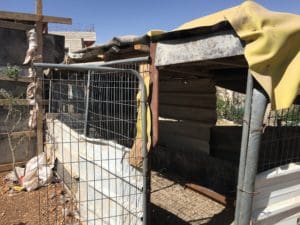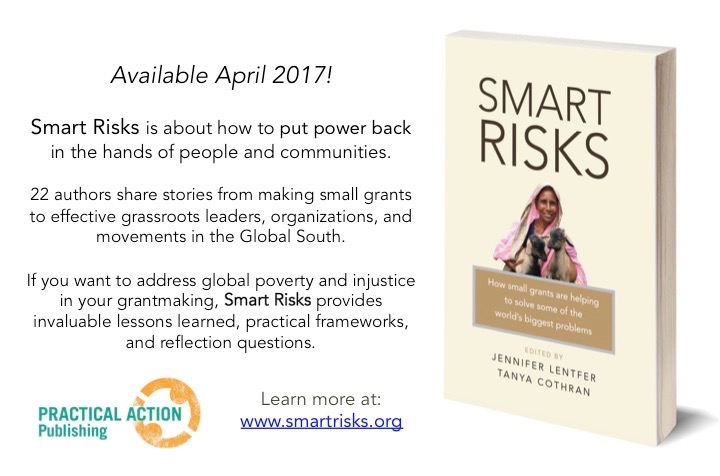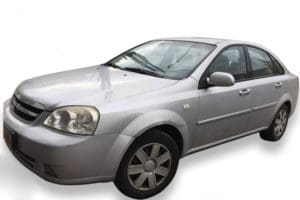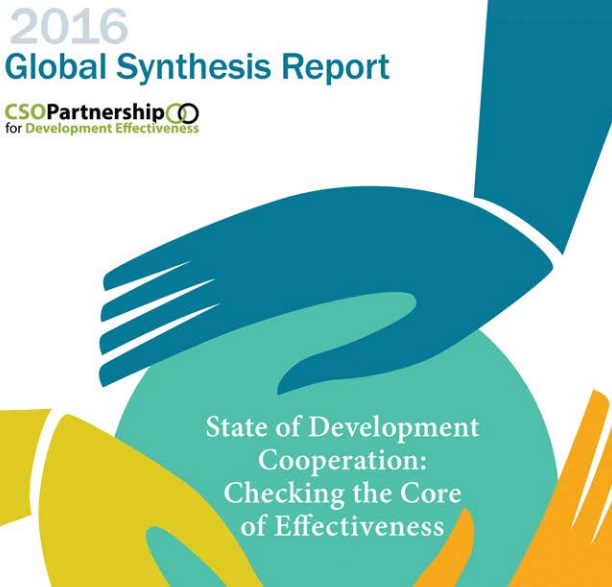Mariam Barghouti gives space for my youngest daughter to tell about her first Israeli interrogation at age 12 and for me to describe my recurrent harassment at Ben Gurion airport, in her article in The Forward, “Palestinian Women Are Harassed and Humiliated at Checkpoints. Here Are a Few of Their Stories.” Read the full piece here.
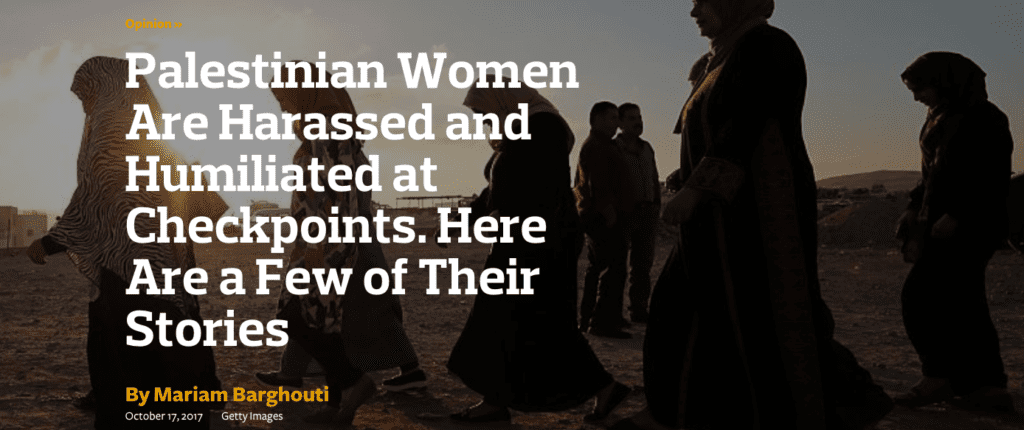
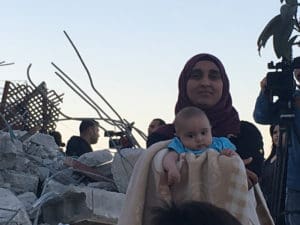
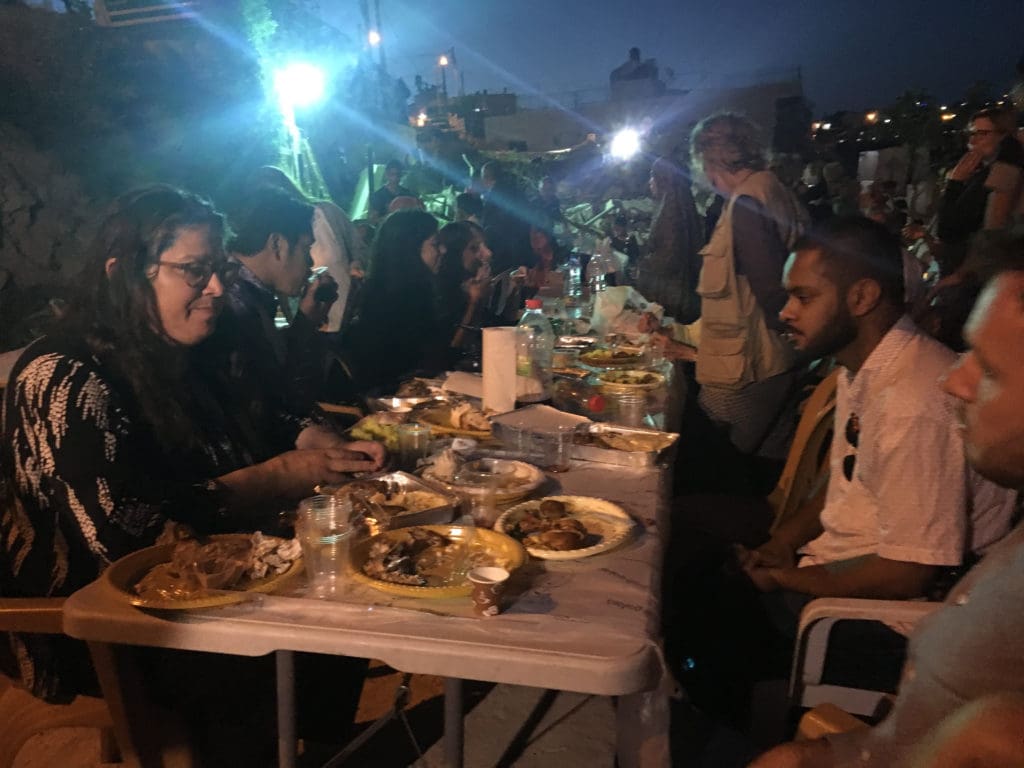
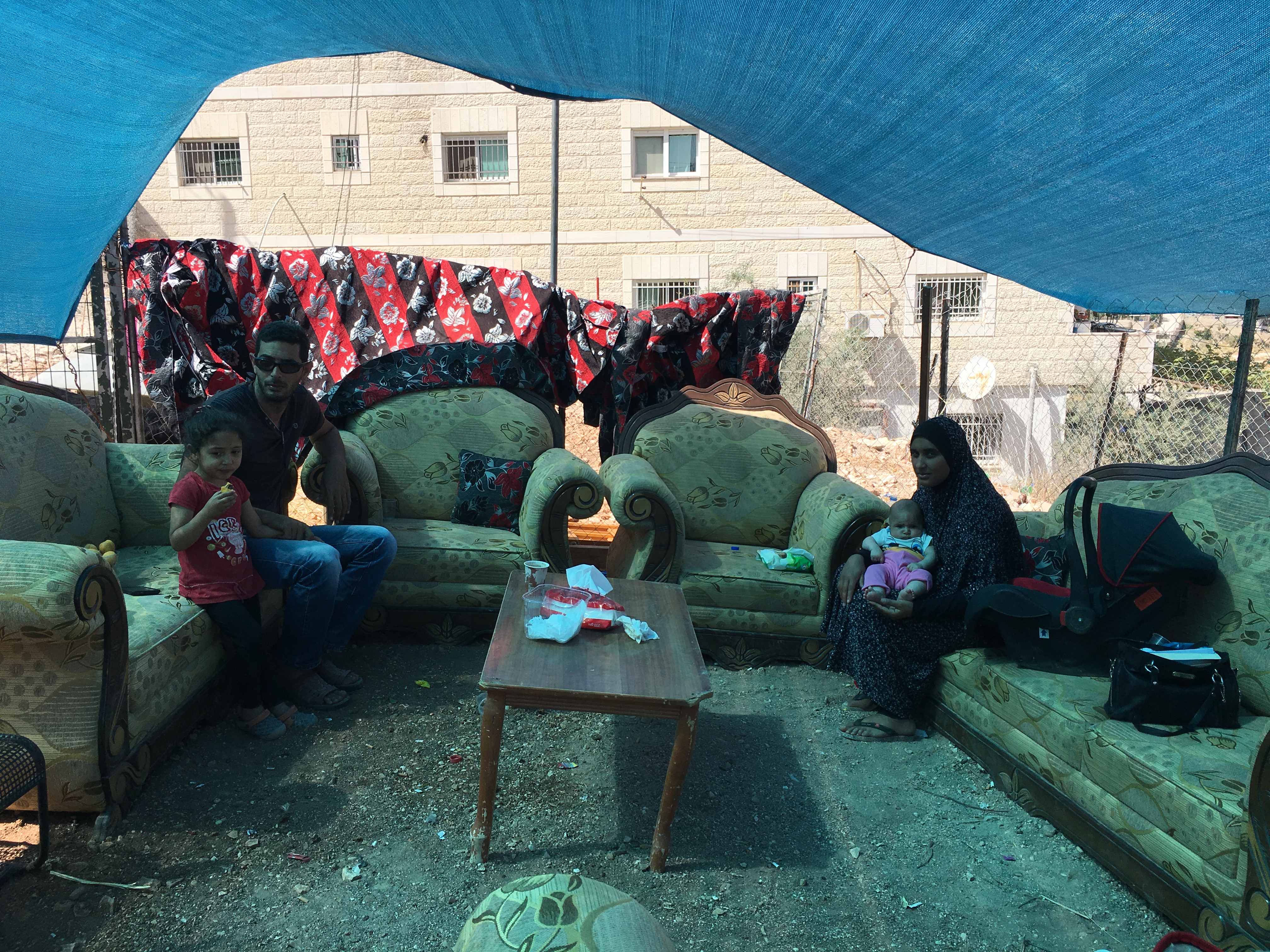
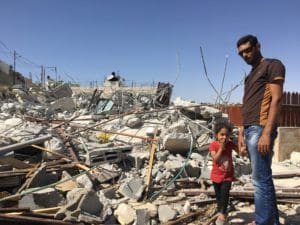 “I know. But when Ashraf rushed home and showed the demolition crew the Israeli judge’s order to pause the demolition, do you know what they did? They noted the judge’s name, left the site, and returned one hour later with a new demolition order from the same judge. Ashraf says an emergency court session gave them legal cover for their immoral act. Isn’t that evil?”
“I know. But when Ashraf rushed home and showed the demolition crew the Israeli judge’s order to pause the demolition, do you know what they did? They noted the judge’s name, left the site, and returned one hour later with a new demolition order from the same judge. Ashraf says an emergency court session gave them legal cover for their immoral act. Isn’t that evil?”